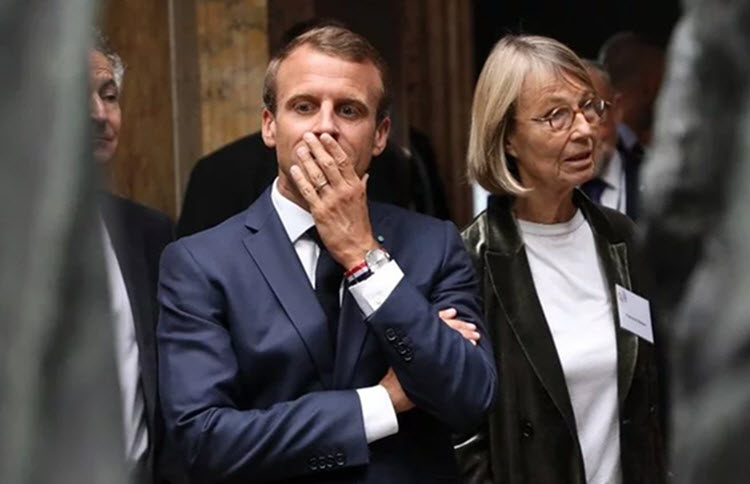
Iran Focus
London, 30 August – According to an internal memo seen by Reuters, all non-essential travel by France’s diplomats and foreign ministry officials to Iran should be postponed indefinitely. The memo cited a plot to bomb a rally held earlier this summer by an exiled Iranian opposition group near Paris, as a sign of Tehran’s more aggressive stance towards France. The instructions were also relayed to officials in government departments outside the foreign ministry to be passed on to staff who intended to travel to Iran.
In the August 20th notice, Maurice Gourdault-Montagne, the ministry’s secretary general wrote, “The behaviour of the Iranian authorities suggests a hardening of their position vis-a-vis our country, as well as some of our allies.” He added, “Given the known security risks … all departmental officers, whether from headquarters or (overseas) posts, are required to defer until further notice, except for urgent work, any travel plans in Iran.”
It is unclear whether embassy staff had been asked to repatriate their families, as the French foreign ministry declined to comment on the memo. Iranian officials at the Paris Embassy did not respond to a request for comment.
On May 10th, France’s most recent travel advisory was published. It cautions visitors against entering Iran with electronic equipment such as drones and walkie-talkies, as well as taking too many photographs.
Iran denies any knowledge of the alleged plot to attack a National Council of Resistance of Iran (NCRI) rally on June 30th. However, an Iranian diplomat based in Austria has been detained in Germany — and Belgium, where the plot was uncovered, is seeking his extradition.
French officials have not commented on the matter, but privately, diplomatic sources say that if Iran’s involvement is proven, it will be difficult for France not to react strongly.
When US President Trump announced the US exit from the Iran nuclear deal in May, France became one of the strongest advocates of salvaging the 2015 landmark deal between Iran and world powers. A hardening of relations with France could have wider implications for Iran.
Confidence in Tehran’s government has deteriorated in Paris, as relations become increasingly strained, although President Emmanuel Macron still tries to preserve the nuclear accord. Macron led efforts to persuade Trump to stick with the agreement. He argued that it was the best means Western powers had to check Iran’s nuclear activities.
The prospect of the re-imposition of US sanctions that were lifted by the deal, has Iran’s economy plummeting. While France and other European countries have pledged to try to soften the economic blow, so far, they have been unable to persuade investors to defy Washington and stay in Iran. Washington’s sanctions have extra-territorial reach. French oil and gas major Total, and its carmakers PSA and Renault are at the forefront of European companies leaving Iran.
Trump continues to expressed a readiness to negotiate a new deal, but has warned Tehran that threats against the United States would result in dire consequences “the like of which few throughout history have suffered before.”
On Monday, Iranian President Rouhani urged the remaining signatories to the nuclear agreement to act to save the pact. While Macron reiterated France’s commitment to maintaining the accord, Europe’s leaders appear powerless to prevent the US sanctions from affecting Iran’s already struggling economy.
Meanwhile, the ministry memo warns that any staffers who travel to Iran for personal reasons will not be shielded by diplomatic immunity, even if they hold a diplomatic passport, and specifically references tourism and language classes. As well, Britain’s foreign ministry said its advice to diplomats regarding travel to Iran, was the same as to the British public. It warns about the risks of terrorist attacks and arbitrary detentions, and advises against any travel to the frontiers with Iraq and Afghanistan.


